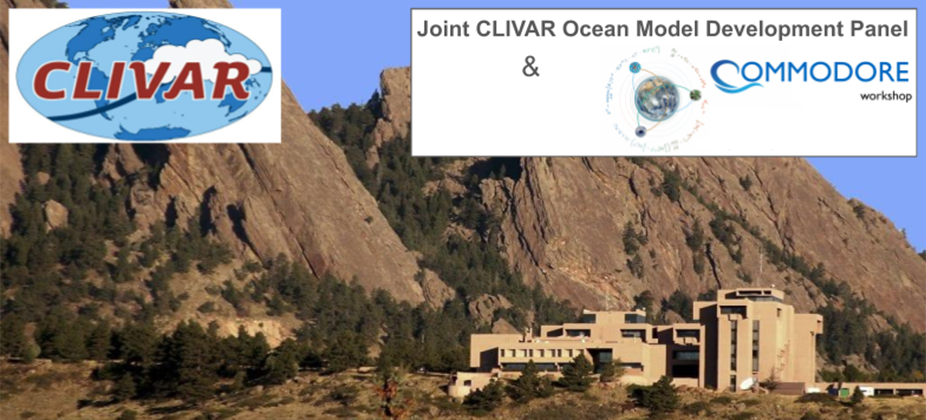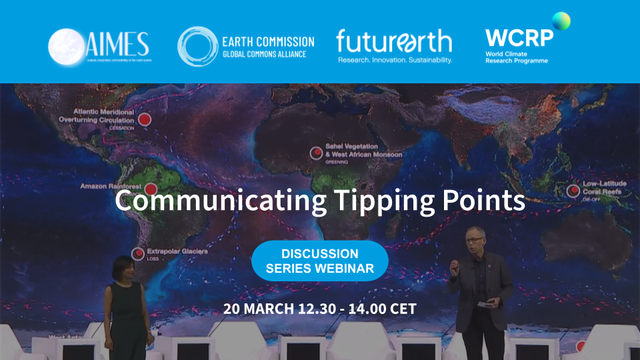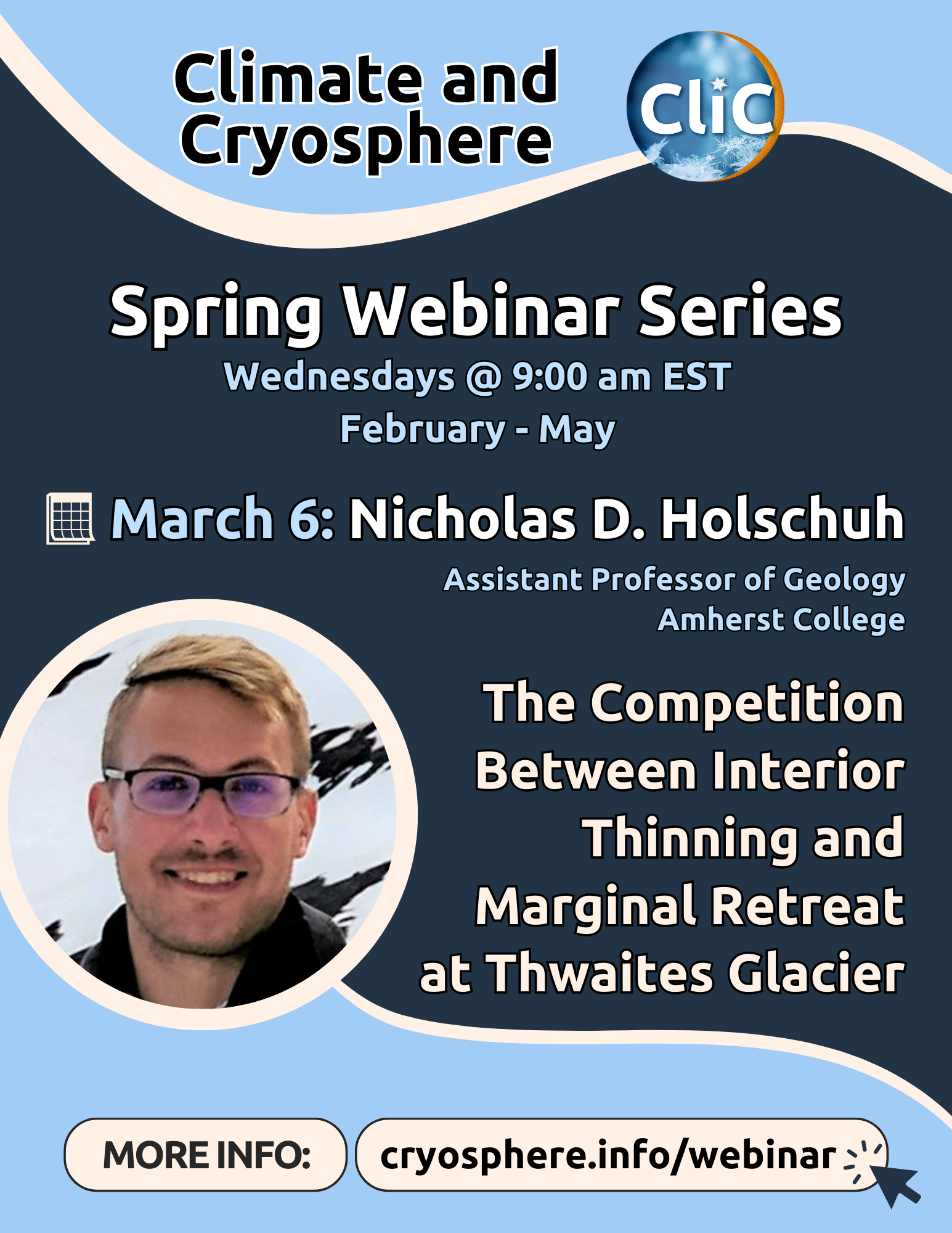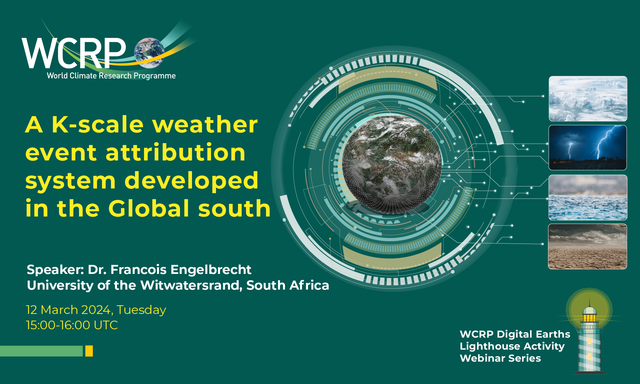
Exciting news awaits as we proudly announce the forthcoming workshop jointly organized by CLIVAR-OMDP, COMMODORE, and NSF-NCAR. Set against the backdrop of oceanic exploration and innovation, this event promises to be a dynamic convergence of minds, aiming to propel ocean model developments, numerical methods, data-driven parameterizations, and the integration of machine learning into global and regional ocean models.
Date: September 09-12, 2024
Location: NCAR's Mesa Laboratory in Boulder, CO

Date: 20 March 2024
Time: 12:30 – 14:00 CET
For more information and registration, please click here.

Are you passionate about bridging the gap between cutting-edge scientific research and the wider community? Do you thrive in an environment where collaboration and communication are key? If so, RIfS is looking for you to join the team!
RIfS stands at the forefront of the World Climate Research Program (WCRP), a beacon of international collaboration in climate science for over 40 years. Their mission is clear: to narrow the divide between scientific breakthroughs and the practical application of climate knowledge. As part of a small yet dynamic team, you'll play a crucial role in advancing this mission on a global scale.
Learn more about the role and apply here: Science and Communication Officer | Ouranos

Join the next CliC Webinar on Wednesday, 6 March 2024 at 9am EST, where Nicholas D. Holschuh will discuss "The Competition Between Interior Thinning and Marginal Retreat at Thwaites Glacier".

The Digital Earths Lighthouse Activity webinar "A K-scale weather event attribution system developed in the Global South" will take place on 12 March 2024 from 15:00 to 16:00 UTC.
Speaker: Dr Francois Engelbrecht, University of the Witwatersrand, South Africa

